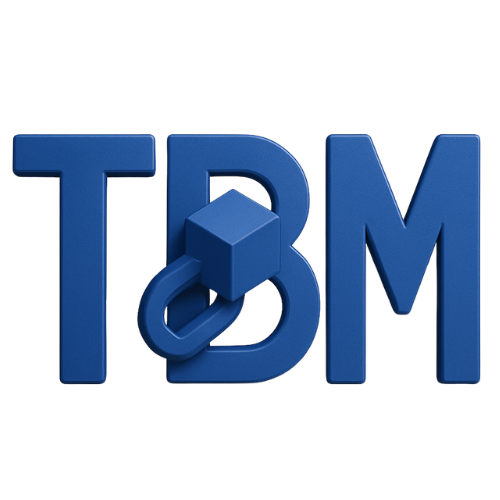The Solana Foundation revealed that a serious vulnerability affecting the Token-2022 standards was quietly patched in April, and could have been a catastrophic violation.
If exploited, this flaw would have allowed the attacker to mint an unlimited number of tokens or withdraw funds from his account without permission.
According to posthumous death, the issue was first reported on April 16th and was fixed within two days. This fix was coordinated by the core development teams of ANZA, JITO and Firedancer with additional support from security company asymmetric research, Neodyme, and Ottersec.
Understanding Solana’s vulnerabilities
According to the foundation, the bugs affected certain features of Solana’s Token-2022 framework known as “Confidential Transfers.”
This feature relies on ZR-Knowledge ciphers, in particular the ZK Elgamal Proof System, to enable private transactions. However, the missing algebraic components in the hash used to verify encryption left the door open for operation.
This flaw allowed the malicious actor to forge valid encrypted proofs. Such false evidence allowed them to create new tokens or drain existing accounts without detection.
No exploits were observed, but the revelation caused some market unrest. Coingecko’s data shows that the total value of these tokens fell by about 5%, setting to $16.1 million after the news broke.
Community Response
The vulnerabilities were quickly processed, but Solana’s decision to continue wrapping the problem elicits a mixed reaction.
Critics argued that quietly adjusting such revisions reflects an unpleasant level of centralization within the network. One community member questioned whether the baritter could use similar adjustments to carry out or conceal harmful actions in the future.
But others defended the approach. Industry veterans, including Bitcoin and polygon developers, noted that silent patches are standard best practices when dealing with zero-day bugs. These behind-the-scenes efforts claimed to prevent real-time exploits while the team worked on safe fixes.
“We’re excited to introduce you to the latest trends in our network,” said Hudson James, VP of Ethereum Layer-2 network developer Polygon Labs.
“This is absolutely fine. Bitcoin, Zcash, and Ethereum all require the core development needed for core developers to personally plan secret bug fixes. A good chain culture means having mature developers who can achieve stealth fixes.”
Solana co-founder Anatoly Yakovenko has also been heavier, saying that the validator adjustments are not specific to his blockchain network. He compared similar consensus building mechanisms and processes for Ethereum, including validators such as Lido, Binance, Coinbase, and Kraken.
It is mentioned in this article

